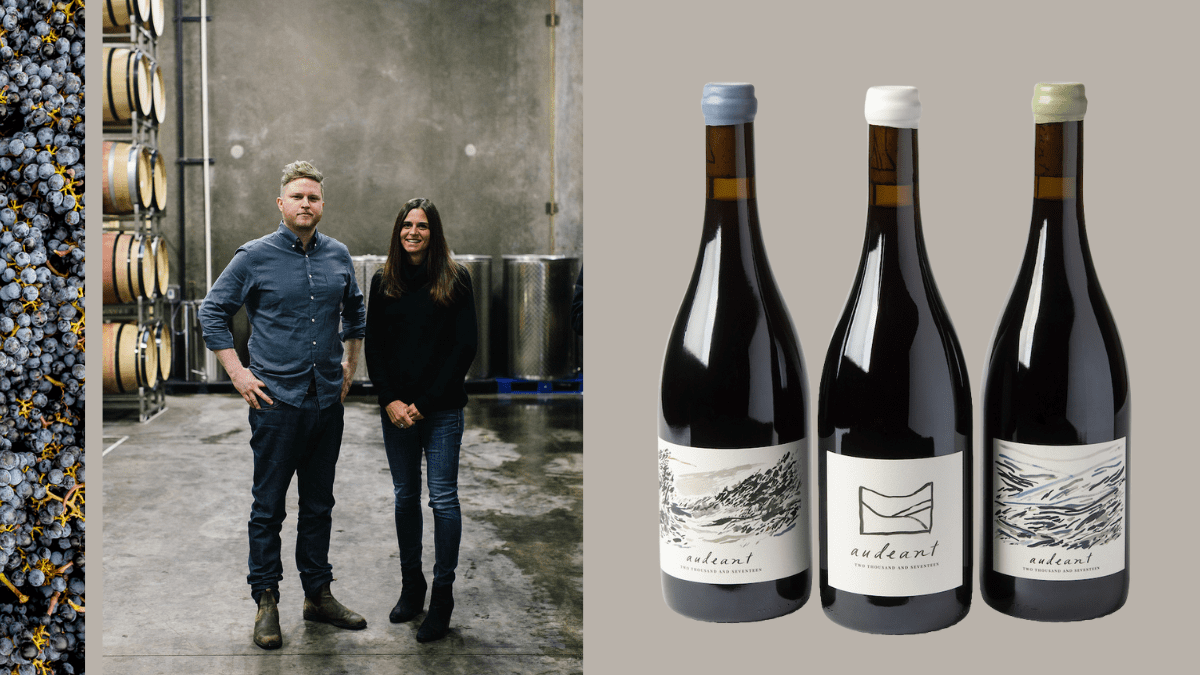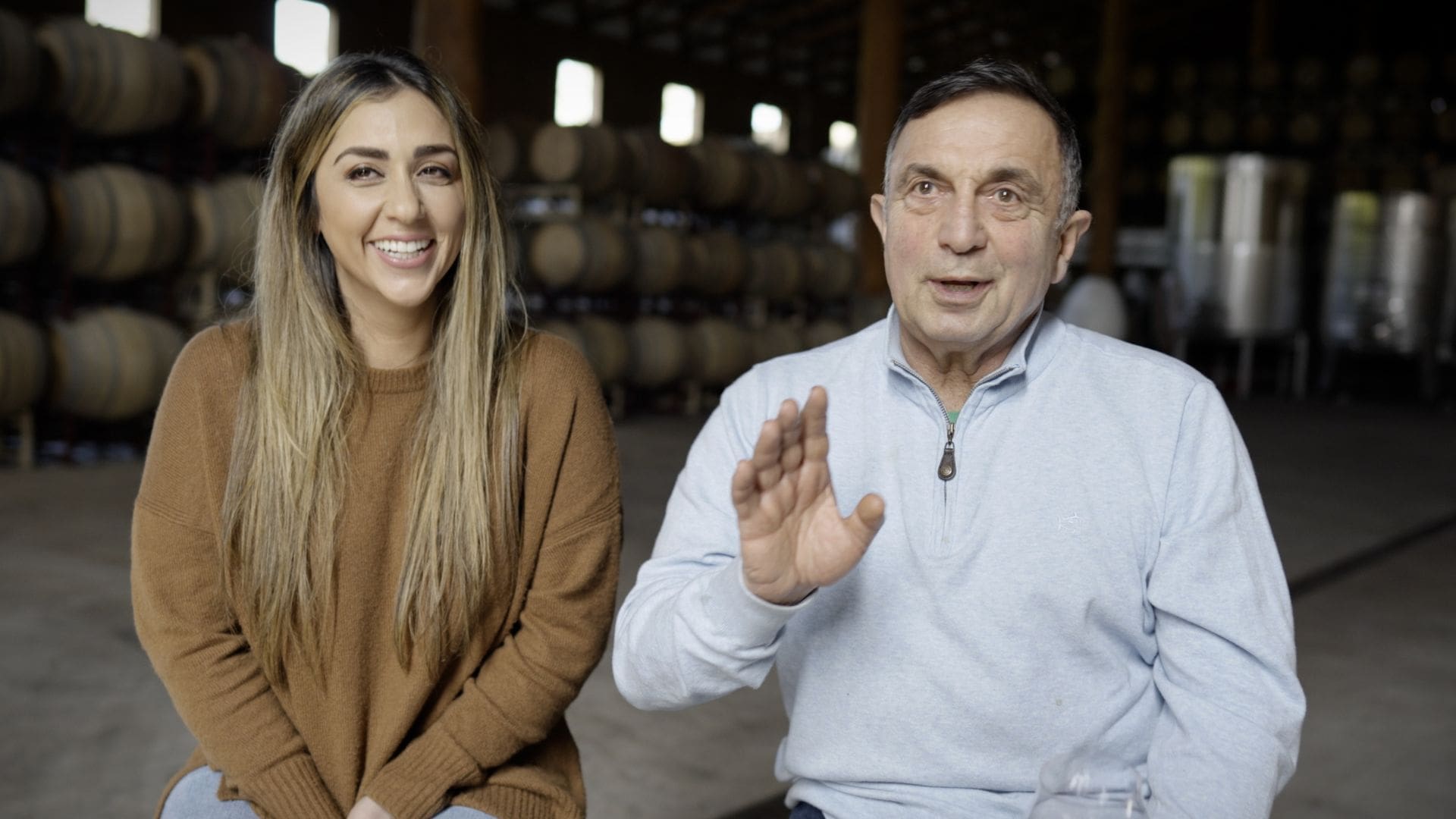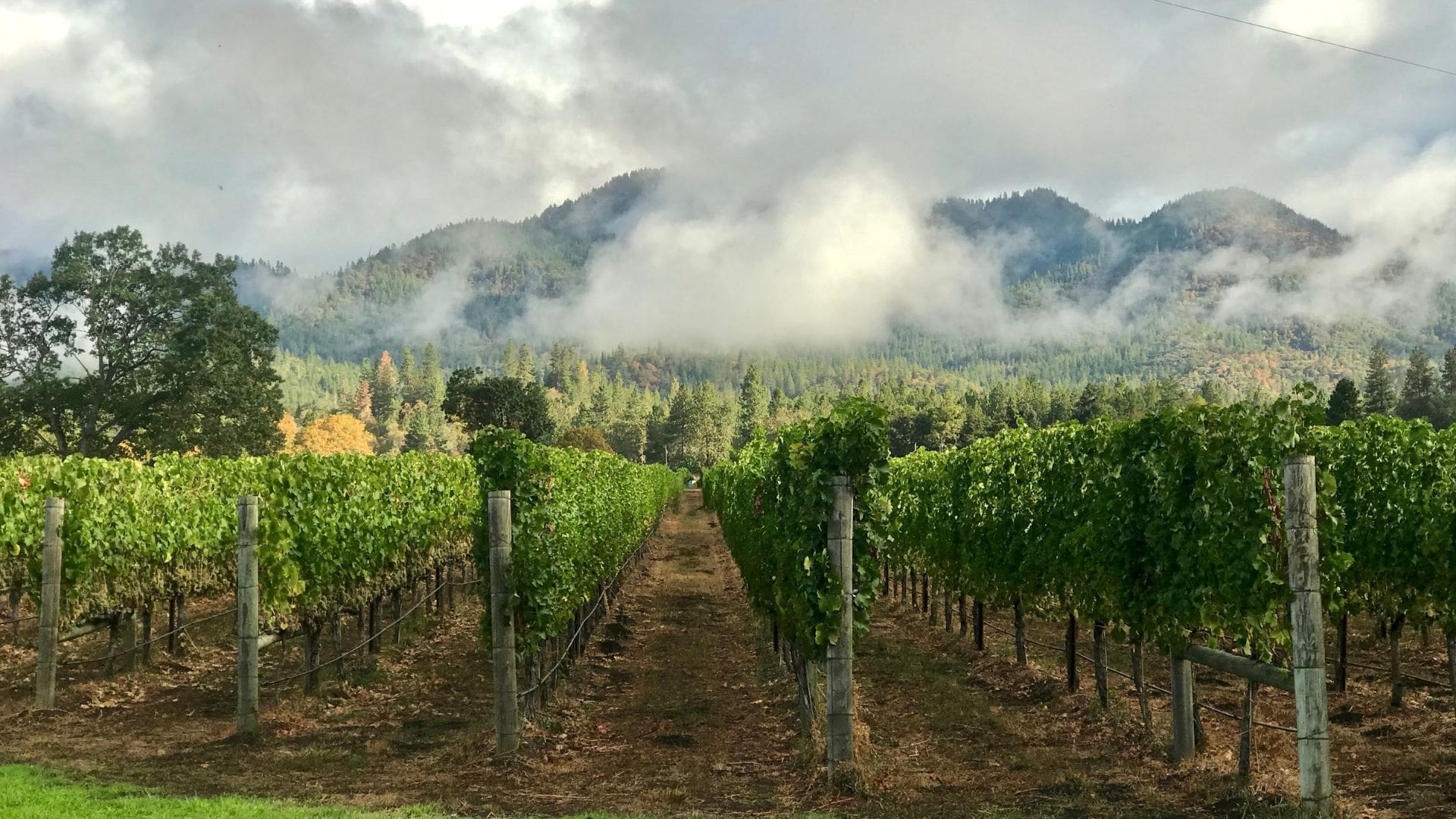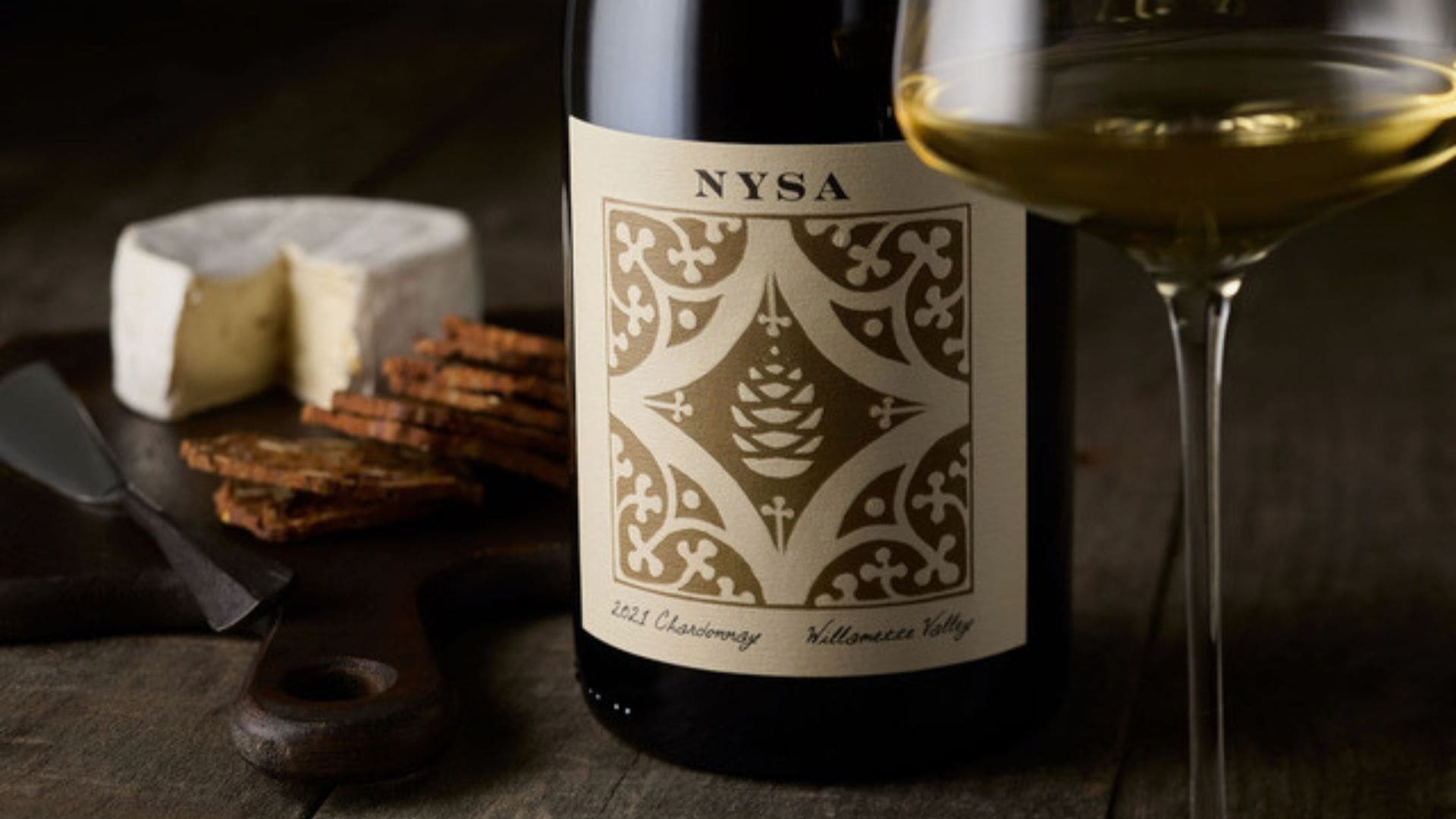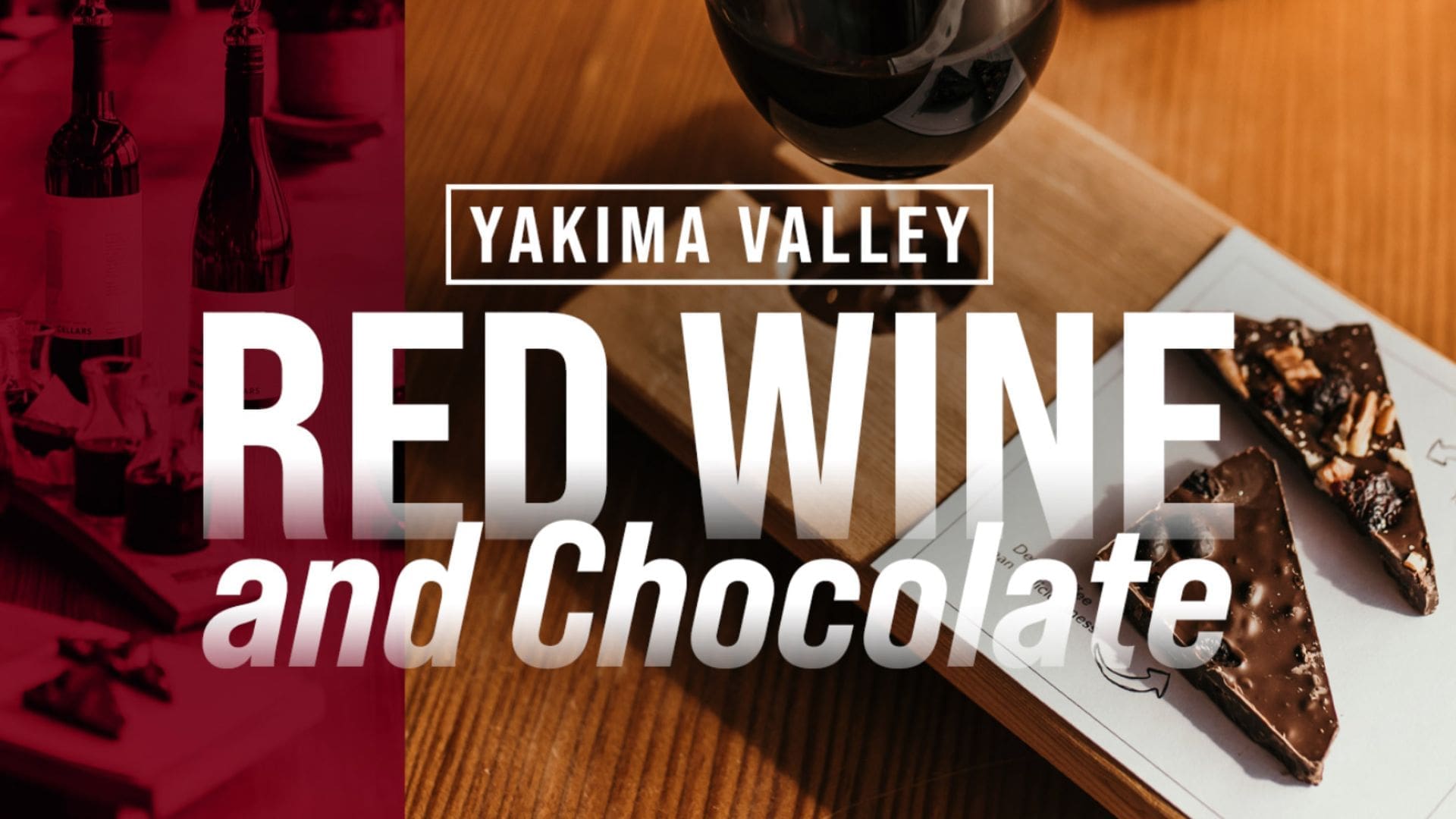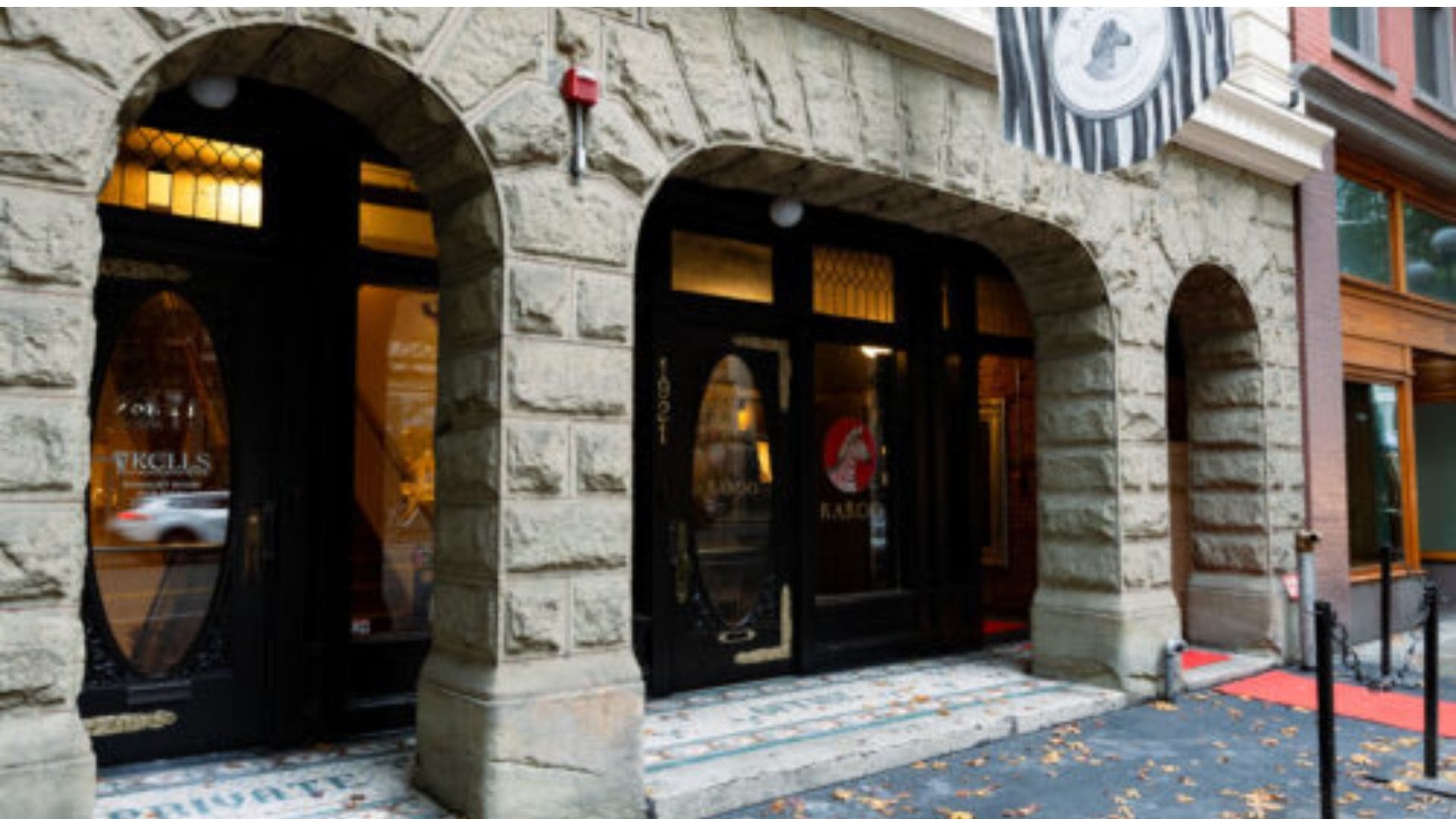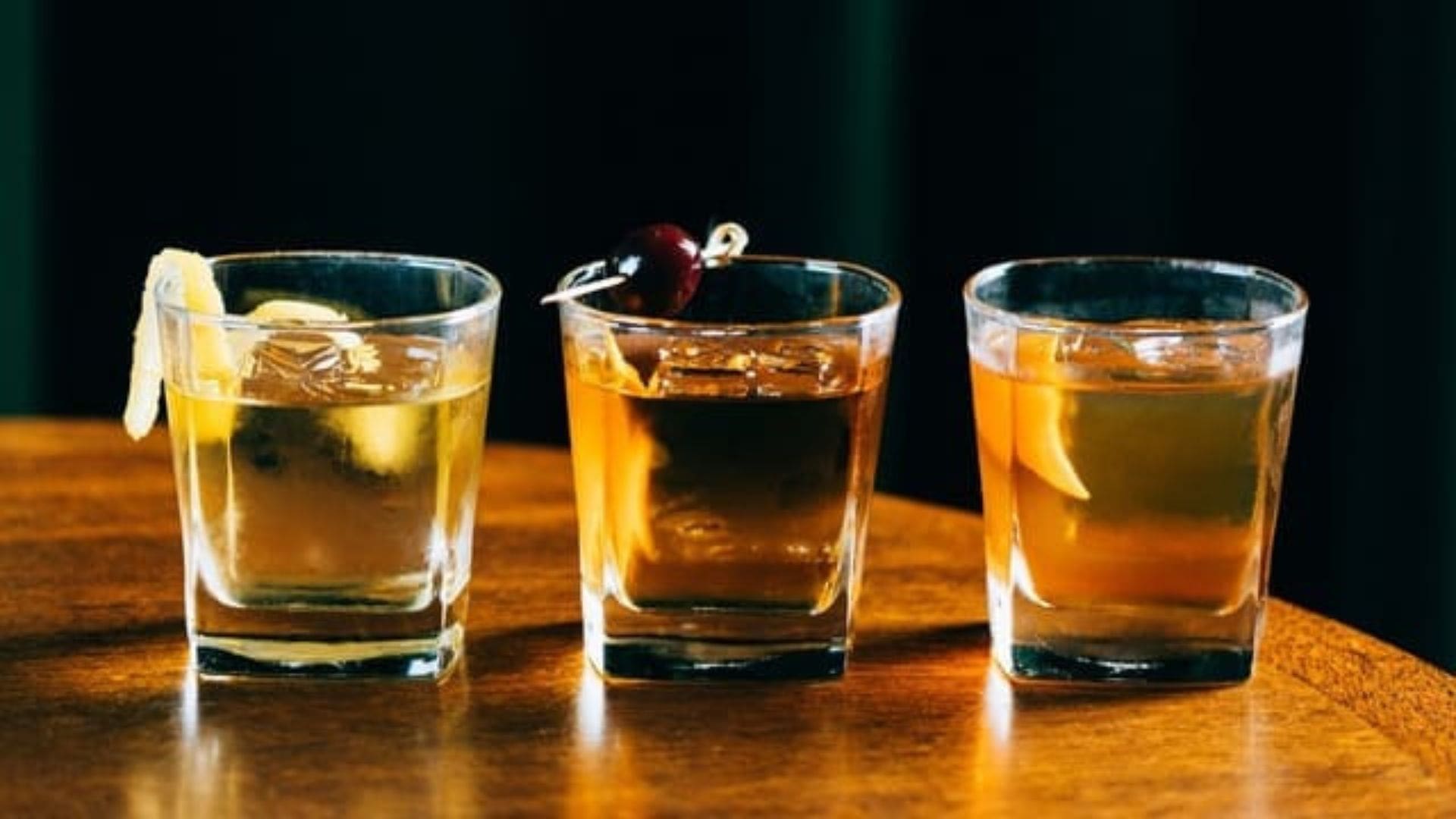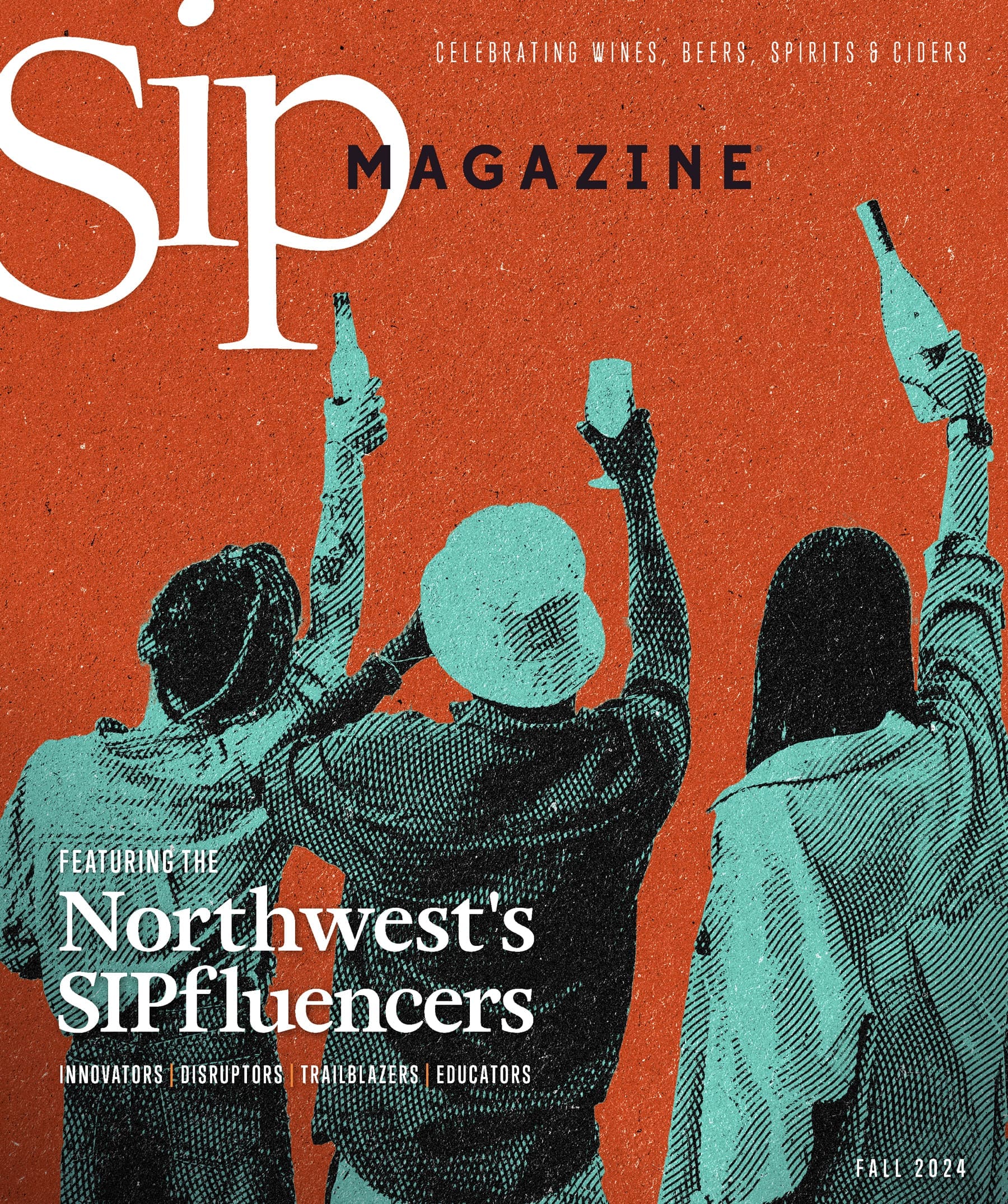It was a chance meeting. Two wine-loving Chicagoans on vacation in Oregon’s Willamette Valley, lingering over a tasting, engrossed in conversation with a passionate young winemaker.
These three knew how to recognize a path opening before them — and they took it.
Seven years later, owners Teal Walker and Dan Murphy, and winemaker Andrew Riechers are producing their latest vintage together as Audeant (Aw-DAY-ent). Taken from the Latin, Audeant means “may they dare, may they venture, may they risk.”
“The right thing will find us,” says Walker. “It’s the Audeant way to see what happens.”
“My first boss, Jim Prosser, had a mural on the wall that said ‘make the wine first’,” says winemaker Riechers. “It’s the intention of a singular process and not worrying about the end result. He told us ‘be present for the fruit, for the fermentation. Everything else can wait.’ We’re nothing without the wine.”
Audeant produces Chardonnay and typically three offerings of Pinot Noir. Their Pinots tend to be lower alcohol, bright and energetic due to their carefully chosen Oregon vineyard locations including Nysa Vineyard in the Dundee AVA, Luminous Hills in Yamhill-Carlton, Cherry Grove in Tualatin Hills and Seven Springs in Eola-Amity Hills.
Back in 2017, Walker and Murphy purchased property for an estate vineyard on Parrett Mountain in Newberg, Oregon. It was a risky venture for several reasons, one being that the property was so high in elevation. At 1,100 feet it is one of the highest producing vineyards in the area. One of the reasons for choosing a plot with a very steep eastern slope and more moderate southern slope is the marginal microclimate. They hope this high elevation and angle will help stave off the inevitable effects of climate change.
This past year, they harvested estate fruit for the first time and will be producing a 2022 vintage. “Not as much as we had hoped for. The birds got it,” Riechers says ruefully. “We’re also really at the mercy of what the weather will hand us.”
The extreme smoky summer of 2020 affected grape harvest across Oregon and Washington and Audeant was no exception. In 2020, their full production was 105 cases of Chardonnay.
“Quality is at the forefront of all we do, so it was hard going into the 2020 vintage for our brand,” says Walker. “It was the best decision to not make the [Pinot Noir]. Our rosés are fermented on skins, so we couldn’t do that either.”
“We weren’t interested in ‘making it work’ with smoke-tainted grapes,” says Riechers as the product wasn’t what they wanted. He notes that many other winemaking teams in the Willamette Valley undertook “heroic efforts” to try to salvage their yields. “Everyone regrets not keeping a bigger library for tough times,” he adds.
Audeant has 2019 vintages of their Pinots available on their website. For tastings, they are sharing a rotating selection of earlier vintages. This has had the unexpected bonus of proving the trajectory of their wines.
The 2020 Chardonnay — there’s a few cases left — was fermented and aged in French Oak. Reichers is pleased with its high acid, textural feel, and intensity without weight. “It’s Burgundian inspired, but Oregon all the way.”
What’s coming in the future? Sparkling, perhaps? Walker and Riechers laugh. “Maybe!” Richers says. “It was part of the allure of the place. When the time is right, it will be right.” That’s the Audeant way.
The team is also considering how and when to move into their own space. Currently they produce in a shared space and do tastings on upturned barrels and under tents. Currently in 10 markets nationally and internationally, they plan to be intentional about increasing production as demand rises.
Audeant feels comfortable as a small brand with lofty goals, poised to take risks should the opportunity present itself. They value the personal relationships they’ve built with the wine community and consumers. “Word has spread in an organic way. We’re grateful for that,” says Riechers.

